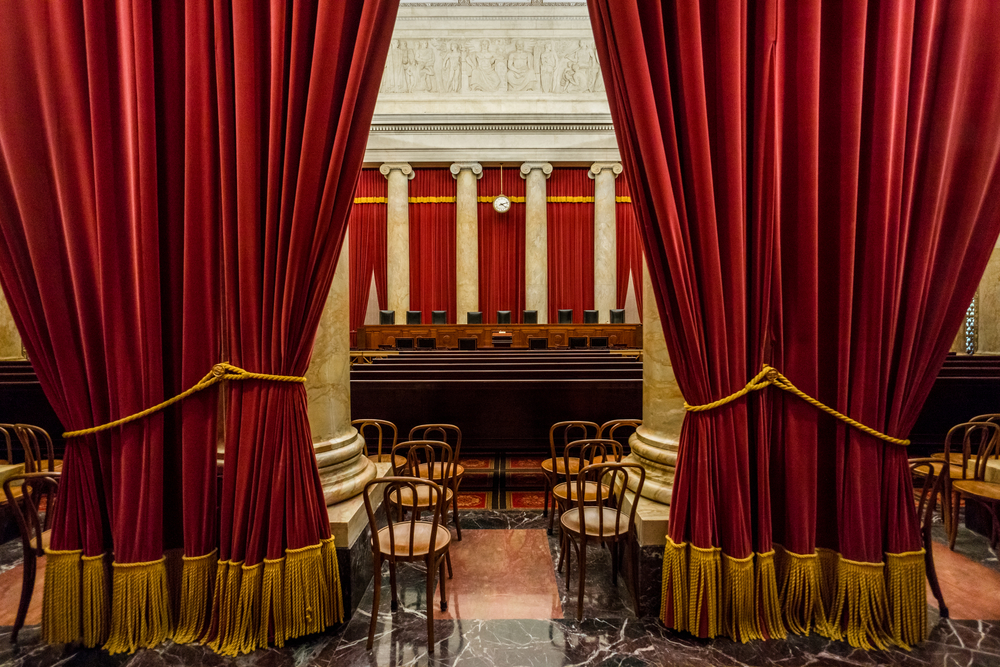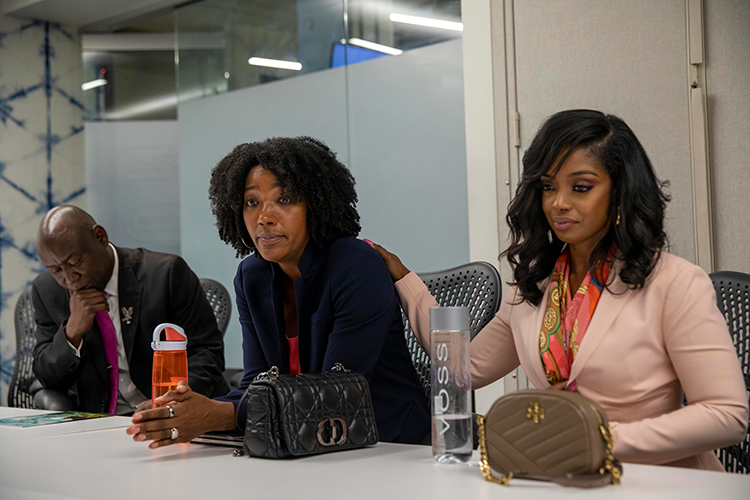It's been more than 10 years since a Black lawyer argued SCOTUS case for US

The last time that a Hispanic lawyer argued a case for the United States was in 2016. The last time a Black lawyer argued a case for the United States was in 2012. Image from Shutterstock.
Lawyers in the U.S. solicitor general's office who argued before the U.S. Supreme Court have been overwhelmingly white and men over the last 12 terms.
During that time, nearly three-quarters of the lawyers who argued for the United States were men, and more than 80% were white, the Washington Post reports.
The last time that a Hispanic lawyer argued a case for the United States was in 2016. The last time a Black lawyer argued a case for the United States was in 2012.
Roman Martinez of Latham & Watkins was the Hispanic lawyer who last argued a case for the solicitor general’s office. California Supreme Court Justice Leondra Kruger was the last Black lawyer who argued a case.
“The SG’s office is the most important training ground for lawyers to get stand-up experience arguing cases in the Supreme Court relatively early in their career,” Martinez told the Washington Post. “It’s very hard to do that from scratch in private practice without having SG office experience.”
U.S. Solicitor General Elizabeth Prelogar, who was confirmed in 2021, declined the Washington Post’s request for an interview. She has hired five lawyers in the office since she got the job. Three are white women, one is a Black man and one is a white man.
The article cited several reasons for the lack of diversity. The solicitor general’s office tends to hire former Supreme Court law clerks, who in the past have mostly been white. Hiring rules forbid taking race and gender into account. And there is a low turnover in the office.
One person seeking greater diversity in the office is Juvaria Khan. She founded the Appellate Project, a group that seeks to boost the number of minority lawyers doing appellate work. She told the Washington Post that the solicitor general’s office has to broaden its hiring pool.
“The vast majority of attorneys come from one to two law schools, have the same set of clerkships and are already connected to, quote unquote, ‘the right people’ who can help get their foot in the door,” Khan told the newspaper. “There are many, many talented attorneys of color who would thrive in the office but are outside of those networks and thus never get considered, especially those who are first generation.”
The Washington Post started gathering information for its story by contacting the 61 lawyers from the office who had argued before the Supreme Court during the 12-term time period. Fifty-two lawyers provided gender information, and 51 supplied information on race or ethnicity.
The Washington Post used argument transcripts and public statements to obtain gender information about all the remaining lawyers and racial information about four of the remaining lawyers.



